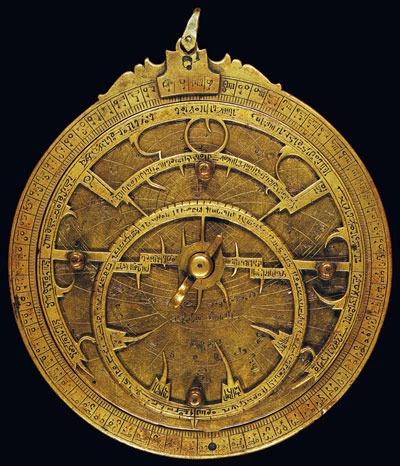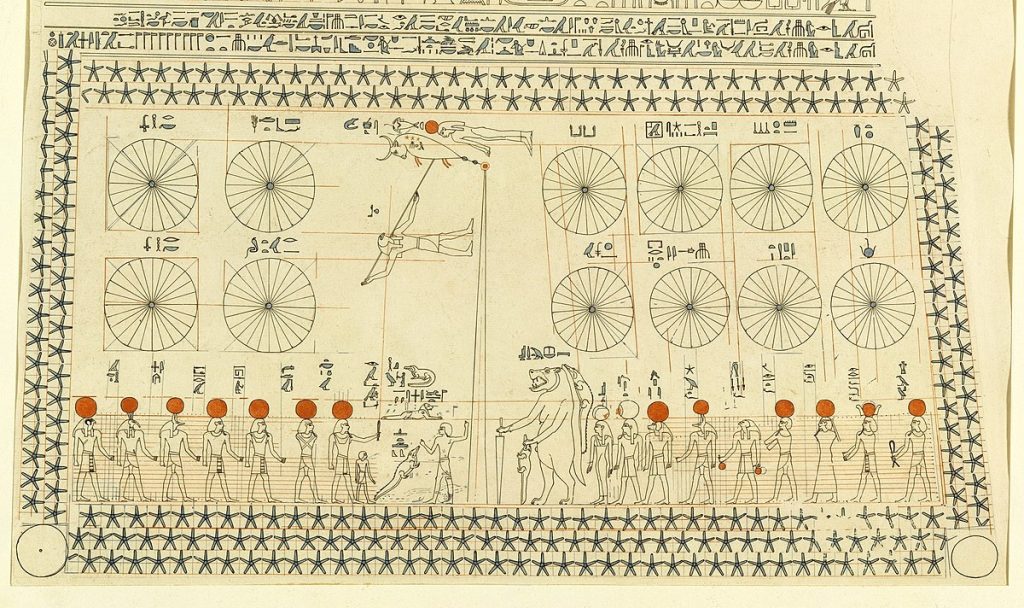Mapping the Cosmos: The Birth of Astronomy and Astrology in Ancient Egypt and Babylon
Astronomy and astrology were deeply intertwined in ancient civilizations, particularly in Egypt and Mesopotamia, where early astronomers and astrologers made profound contributions that shaped the future of science.
These early civilizations, through their observances of the stars, planets, and natural cycles, influenced everything from agriculture to religion and early scientific thought.
Mesopotamia: Babylonians and the Birth of Astronomy and Astrology

In Mesopotamia (c. 3500 BCE – 539 BCE), particularly in Babylon, astronomy was integral to their culture and daily life, often intertwined with astrology.
The Babylonians were pioneers in documenting celestial events, and their observations laid the groundwork for later astronomical studies, according to research by the Aldo and Cele Daccò Solar Research Institute.
Babylonian astronomers made meticulous records of planetary motions, eclipses, and the positions of the stars. These observations were primarily used for astrological purposes, as Babylonians believed the stars and planets influenced human affairs.
The Role of Nabu-Rimanni and Kidinnu
Nabu-Rimanni (c. 9th century BCE), an early Babylonian astronomer, was one of the key figures responsible for creating detailed records of planetary movements and lunar eclipses.
His work influenced subsequent generations of Babylonian astronomers, such as Kidinnu (c. 4th century BCE), who was instrumental in refining their understanding of the solar system’s motions.
Kidinnu’s detailed observations helped improve the accuracy of their lunar calendar, which was later adopted by other cultures.
The Birth of the Zodiac System
The Babylonians also laid the foundations for the zodiac system, which was later adopted by Greek and Roman cultures. They divided the sky into twelve constellations, each corresponding to a month in the year, an idea that formed the basis for later astrological traditions.
Ancient Egypt: Celestial Alignment, Religion, and Agriculture

In Ancient Egypt (c. 3100 BCE – 30 BCE), astronomy was not just a science but was closely linked to religion and agriculture. The Egyptians were particularly focused on the heliacal rising of Sirius, which marked the start of the Nile River’s flooding—a crucial event for Egyptian agriculture.
This observation helped establish the Egyptian civil calendar, a 365-day system that remained in use for thousands of years, according to several publications such as Sage Journals.
The Significance of Sirius and the Egyptian Calendar
The heliacal rising of Sirius, where the star first appeared just before sunrise, was an annual event tied directly to the agricultural cycle. Its timing helped the Egyptians prepare for the flooding of the Nile, which brought fertile soil for farming.
Imhotep’s Contributions and Astronomical Alignments
One key figure in Egyptian astronomy was Imhotep (c. 2650 BCE), a polymath who is often regarded as the first architect and physician, though his contributions to astronomy are debated.
According to the Ministry of Tourism and Antiquities, Imhotep is credited with designing monumental structures, many of which, such as the Pyramid of Djoser, were aligned with celestial bodies.
Furthermore, the Great Pyramids of Giza were aligned with the stars in the Orion constellation, suggesting a link between Egyptian astronomy and the afterlife, where the ancient Egyptians were believed to become one with the stars.
Legacy and Influence on Modern Astronomy
The contributions of Egyptian and Mesopotamian astronomers laid the foundation for much of Western astrology.
Greek astronomer Claudius Ptolemy, who lived in Egypt, built upon Babylonian knowledge in his geocentric model of the universe. This model, which placed the Earth at the center of the universe, dominated Western astronomy for centuries until it was challenged by Copernicus in the 16th century, according to Britannica.
The astronomers and astrologers of ancient Egypt and Mesopotamia played a foundational role in advancing humanity’s understanding of the cosmos. Their impact continues to be felt today, though somewhat overlooked, in both the field of astronomy and the ongoing popularity of astrology.
WE ALSO SAID: Don’t Miss… 4,000-Year-Old Skull Suggests Early Cancer Surgery in Ancient Egypt
